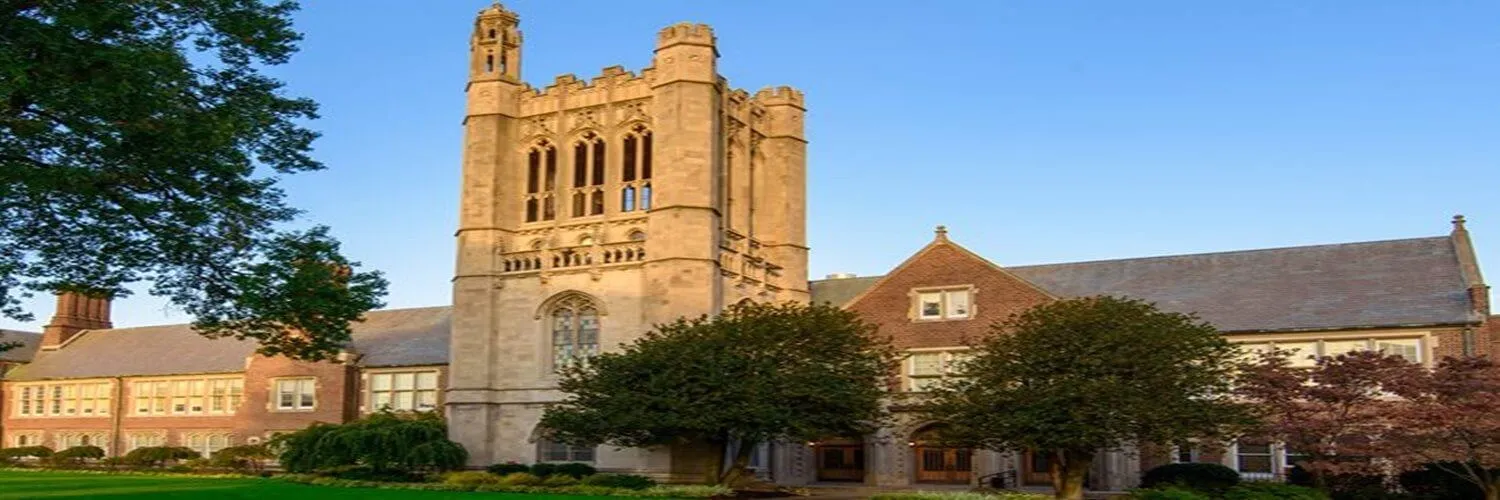New Jersey City University (NJCU) is a public university which is resolved to offer 4-year higher education. The university raised its curtain in 1929 as the New Jersey State Normal School at Jersey City. It was renamed as New Jersey State Teachers College in 1935 and Jersey City State College in 1958. In 1998, the college reached its present-day university status and name. This university evolved from building to building and finally, now there are more than 40 plus of them in a big enough area for experiencing university.
The university has a very clear view on their mission to provide the diverse and quality educational environment. They are resolved to provide intellectual, cultural, socio-economic and sophisticated knowledge to their students to fulfill their mission. The university is headquartered at Jersey City, New Jersey.
-
The student-faculty ratio of the university is 13:1.
-
University's population is 8,504 which combines both full-time and part-time students.
-
NJCU acceptance rate is 85%.
-
NJCU graduation rate is 31%.
There is a public university in Jersey City, NJ called New Jersey City University. The university covers an area of 46 acres. It was in 1927 when the New Jersey City University was founded. The motto of the New Jersey City University is Ineamus Ad Discendum Exeamus Ad Merendum and its official colors are green and gold. In addition to over 6,508 undergraduate students, NJCU also boasts of over 1775 students in its postgraduate courses, taking the total enrollment to over 8,283. To teach various courses to the students, the school has employed a total of 591 faculty. At New Jersey City University, around 72% of the students are 24 and under. And, when it comes to gender distribution at the varsity, around 58% of the students are females and 42% are males. Finally, at NJCU around 39% belong to Hispanic ethnicity, 24% are Black or African American, and 19% are white. In its 93 years of existence, NJCU has produced several known personalities like Clay Constantinou, Melissa Gorga, Deborah Wolfe, and Betty Shabazz. The school believes in the all-round growth of the students and therefore, encourages students to take part in several sporting activities, conducted inside the campus. Further, it boasts of a decent sports infrastructure. At NJCU, 144 undergraduate and graduate-level programs, including both residential and online, are offered to the students. The university also has a long list of accreditations. It has been accredited by ACBSP (Accreditation Council for Business Schools and Programs), CACREP (Council for Accreditation of Counseling and Related Educational Programs), CCNE (Commission on Collegiate Nursing Education), and MSCHE (Middle States Commission on Higher Education). The total endowment of the New Jersey City University is around US$ 12 million.



